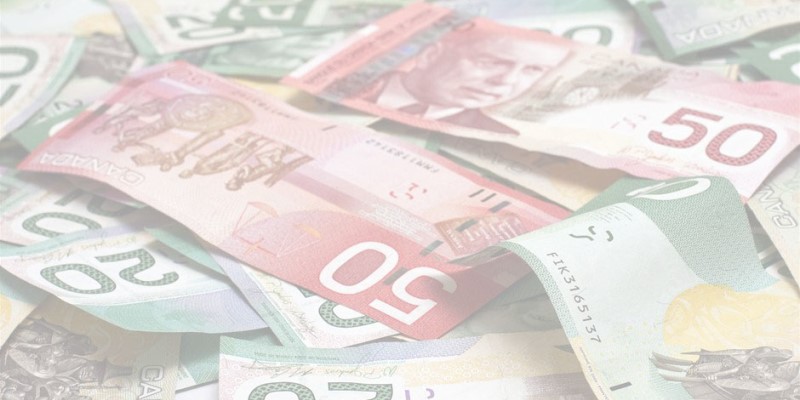Candidates don’t really want Canadians to pay their ‘fair share’

The phrase “fair share of taxes” was mentioned numerous times this federal election campaign. Unfortunately, the phrase was never defined and always accompanied by rhetoric rather than fact. As an apparent driving force behind the policy positions of several candidates and their parties, it’s worth exploring both the phrase itself and the current state of tax fairness.
The term fairness generally means “impartial treatment” and “behaviour without favouritism or discrimination.” When it comes to taxes, the term often refers to the relationship between income and taxes—that as one’s income rises, so too do their taxes. The implicit test of tax fairness is therefore the link between one’s income and their taxes.
Our annual study evaluates the total tax bill of Canadians including local, provincial and federal taxes and fees. It’s the most comprehensive assessment of the tax bill available to Canadians and allows us to examine the current state of tax fairness. By dividing Canadians into 10 equal groups (or deciles), we can compare the income earned by each group relative to their share of the total tax burden.
In 2019, the bottom 10 per cent of income earners earned 1.5 per cent of the total income in Canada while paying 0.4 per cent of total taxes. In other words, their tax burden was significantly less than their share of income.
On the other hand, and contrary to the rhetoric on the debate stage Monday night, the top 10 per cent of earners earned 30.6 per cent of all income in Canada but paid 38.1 per cent of all taxes. Unlike the bottom 10 per cent, the top 10 per cent paid taxes well in excess of their share of income—7.5 percentage points higher, to be exact.
In fact, only the top 20 per cent of earners in Canada pay more in taxes proportionately (54.8 per cent) than they earn in income (47.0 per cent of the country’s total). The remaining 80 per cent of Canadians pay less in taxes than their share of income.
Put simply, the top 20 per cent already shoulder a tax burden well in excess of their proportional share of the country’s income. So in reality, when we hear candidates push for a “fairer” tax system—which taken literally would mean decreasing taxes for the top 20 per cent—they really want the top 20 per cent to bear an even greater proportional tax burden. That can be called many things, but “fairer” is not one of them.
As election day approaches, Canadians should not be misled by rhetoric but rather informed by facts. The facts show that top income-earners in Canada already pay a disproportionate share of taxes.
Authors:
Subscribe to the Fraser Institute
Get the latest news from the Fraser Institute on the latest research studies, news and events.



